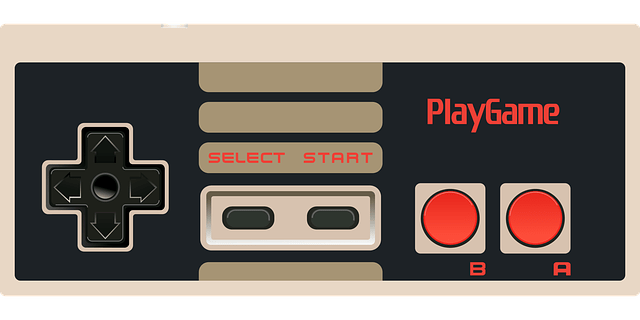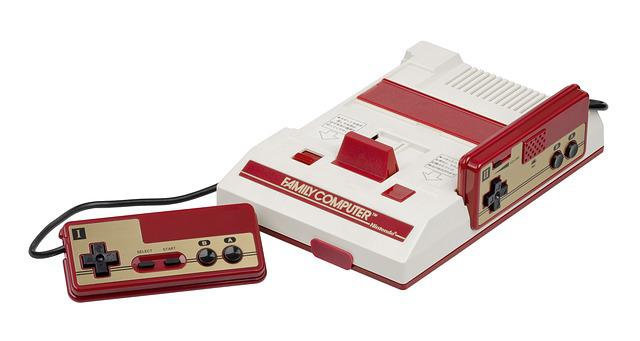Facing the risk of dementia is an unfortunate part of the aging process. According to the Centers for Disease Control and Prevention (CDC), it’s estimated that 5.8 million people currently have Alzheimer’s disease and other related dementias, including 5.6 million of whom are 65 or older. Thankfully, research devoted to the degenerative condition is beginning to help shed light on how to treat it, lessen its effects, or potentially avoid it entirely. And in one recent study, researchers found that doing one activity in particular for 30 minutes each day could significantly reduce the risk of dementia in older adults. Keep reading to see what could help give you a brain boost.
RELATED: Eating This Type of Food a Lot Makes Your Dementia Risk Soar, Study Says.
Shutterstock/Gorynvd
A study published in the journal Behavioural Brain Research in May 2020 gathered participants between the ages of 60 and 80 to test how video games that use a 3D environment might affect memory and cognitive health. The researchers hypothesized that games such as Super Mario World might have more benefits than two-dimensional games such as solitaire while also including dynamic flat-play games such as Angry Birds in testing. Participants were then asked to play 30 to 45 minutes of a specific game each day for four weeks, with researchers conducting memory tests throughout the experiment and for four weeks after gameplay had stopped.
Results found that while memory was consistent across participants at the beginning of the experiment, two weeks of playing Super Mario or Angry Birds resulted in improved cognition in participants assigned to those games. Furthermore, those assigned to play Super Mario saw additional improvements in cognition and memory function through the following two weeks compared to those assigned to play solitaire, while those assigned to play Angry Birds saw no further progress.
Shutterstock
The study’s authors wrote that their findings suggest immersive 3D environments could help improve cognition in older adults at risk of developing dementia or showing the onset of the disease. They argued that the experience could be beneficial at any age, especially helping to act as a substitute for the stimulation of a new environment in those who were homebound or physically unable to venture out.
“Here, we replicated our previous video game study in healthy older adults, showing that playing video games for four weeks can improve hippocampal-based memory in a population that is already experiencing age-related decline in memory,” the authors wrote. “Furthermore, we showed that the improvements last for up to four weeks past the intervention, highlighting the potential of video games as an intervention for age-related cognitive decline.”
RELATED: Drinking This Every Day Slashes Your Dementia Risk In Half, Study Says.
Shutterstock
Other recent studies have also found a connection between reduced risk of dementia and video games. In research from the Université de Montréal published in the journal PLOS ONE in 2017, two separate studies from 2014 and 2017 tasked young adults in their twenties with plating 3D logic and puzzle video games such as Super Mario 64. Both studies found that gray matter in the hippocampus areas of participants’ brains increased after training.
Researchers then set out to see if they could replicate the results with healthy seniors. To do this, they recruited 33 people between the ages of 55 and 75 and randomly assigned them to one of three random groups. Each was then given a specific task, including learning to play piano for the first time, playing Super Mario 64 for 30 minutes each day five times a week, and a control group not asked to do anything in particular.
After six months, brain imaging found that only participants in the video game group saw increases in gray matter volume in the hippocampus and cerebellum. Results also saw improvements in participants’ short-term memory in those participants alone.
For more helpful health information sent straight to your inbox, sign up for our daily newsletter.
Shutterstock/Zivica Kerkez
The study’s authors explained that the experience of playing video games acted similarly to stimulating the brain the way experiences in the real world can. “3D video games engage the hippocampus into creating a cognitive map, or a mental representation, of the virtual environment that the brain is exploring,” Gregory West, PhD, the author of the study, said in a statement. “Several studies suggest stimulation of the hippocampus increases both functional activity and gray matter within this region.”
The team explained that the lack of new learning experiences could cause grey matter to atrophy as people age. “The good news is that we can reverse those effects and increase volume by learning something new, and games like Super Mario 64, which activate the hippocampus, seem to hold some potential in that respect,” West wrote.
RELATED: This Could Be Your First Sign of Dementia Years Before Diagnosis, Study Says.
Source: https://bestlifeonline.com/news-video-games-dementia/



